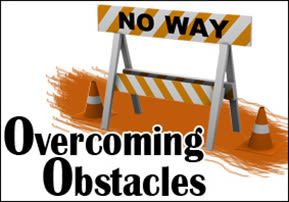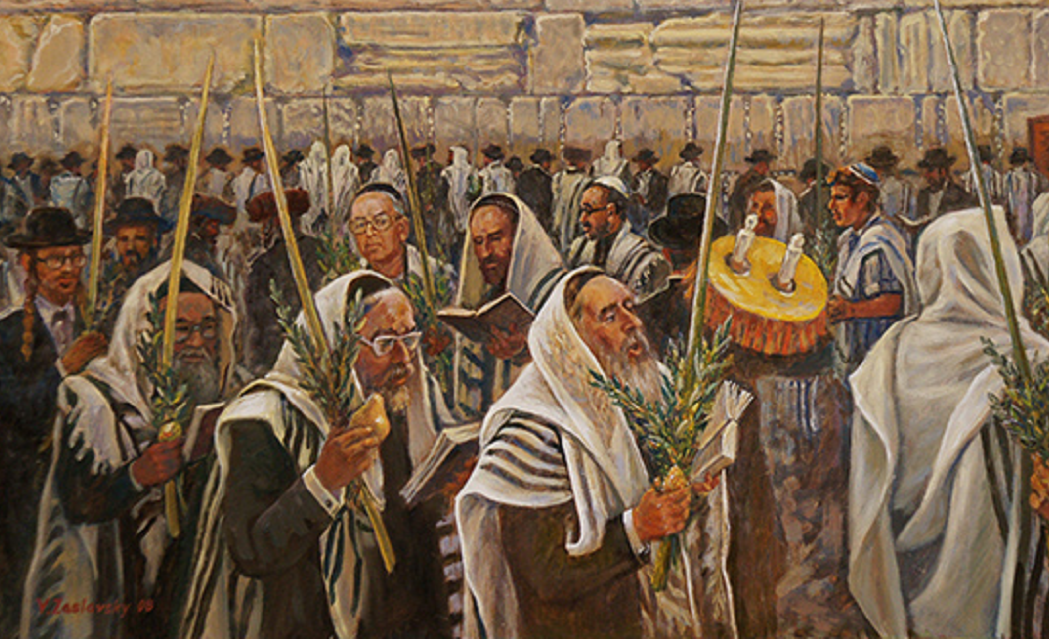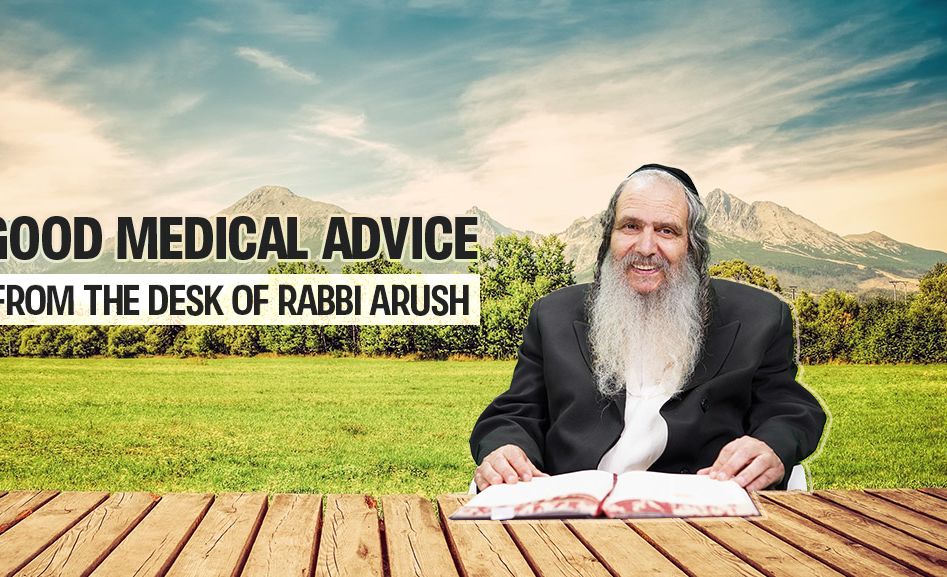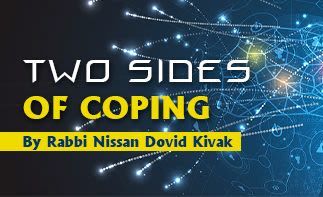
Overcoming Obstacles
A person with sense isn't incapacitated by the mere thought of an obstacle, for he knows that Hashem is everywhere, within the obstacle too!

And he went a very long time on that path. Afterward, he saw a castle, with several soldiers standing guard around it. The castle was very attractive, well-built, and extremely orderly with the guards posted…
The viceroy reached an extremely beautiful castle, about which he knew nothing…
…and he was worried that the guards would not let him in. But he composed himself and said, “I will go and try…”
The viceroy saw the castle surrounded by walls and guards, rendering any logical chance of entering impossible. But, he stopped and composed himself, coming to the superb conclusion that he’ll go and try anyway. Likewise, a person that’s faced with difficulties in life shouldn’t be discouraged by the “high walls,” the apparent obstacles that stand in the way. Personal courage means trying anyway, for without trying, there’s certainly no success. So, if we try, what do we have to lose?
Rebbe Nachman of Breslov addresses this issue (see Likutei Moharan I: 115), saying:
“‘And the people stood from afar, and Moses approached the thick cloud where God was, (Shemot 20:18).’ One who walks the path of materialism his whole life, and then becomes enthused and desires to walk in the ways of Hashem, then the [Hashem’s] Measure of Judgment accuses that person, and prevents him from walking in the ways of Hashem, and summons an obstacle where Hashem Himself is concealed within that obstacle.
“A man of reason, when examining the obstacle, finds Hashem… a man without reason sees an obstacle and immediately retreats.
“An obstacle is an aspect of the thick cloud. The thick cloud is darkness. ‘And the people stood from afar,’ for the masses retreat when they see an obstacle. But Moses, the epitome of reason and spiritual cognizance, ‘approached the thick cloud where God was,’ in other words, Moses approached the obstacle, for he knew that Hashem was hiding within the cloud.”
Rebbe Nachman is teaching us that the one who is incognizant falls into despair the moment he sees an obstacle. Even if such a person does try to overcome, he quickly gives up and says, “This isn’t for me!” But a person with sense – with even a minimal measure of spiritual cognizance – isn’t incapacitated by the mere thought of an obstacle, for he knows that Hashem is everywhere, within the obstacle too! Such a person composes himself and says, “I’ll give it a try! What do I have to lose? If Hashem wants me to succeed, I’ll succeed! And if I don’t succeed, my lack of success is also a message from Hashem, so I’ll try and understand the message.”
So he left the horse behind, and approached the castle. And the guards ignored him and did not hinder him. He went from room to room without disturbance, and came to one reception hall, where the king sat, wearing his crown. And there were a number of guards, and musicians with their instruments standing before him. It was all very pleasant and beautiful, and neither the king nor any of the others asked him anything at all…
When the viceroy makes an innocent effort to enter the castle, it turns out that no one is standing in his way, neither guards nor anyone else. He enters, and roams freely until he reaches the hall of the king.
The reason that no one hinders the viceroy is that he prayed extensively. When a person invests effort in prayer, then he benefits from Divine assistance in accomplishing his task. Even the Yetzer Hara helps a person that prays, for it is written (see Proverbs, ch. 16), “When Hashem is pleased with a person’s ways, even his enemies will reconcile with him.”
It turns out that a person with true emuna doesn’t have an Evil Inclination at all, for he sees Hashem in everything, even in the difficulties that one normally attributes to the Evil Inclination himself. A person with emuna knows that even the Yetzer Hara is in Hashem’s hands, and all the Yetzer’s obstacles and temptations are the products of Divine providence. The apparent hindrances in our life are all from Hashem for our ultimate welfare, so that we’ll seek Hashem, intensify our prayers, and search for Hashem’s wisdom in every little thing until we attain the level of perfect emuna.
To be continued.












Tell us what you think!
Thank you for your comment!
It will be published after approval by the Editor.